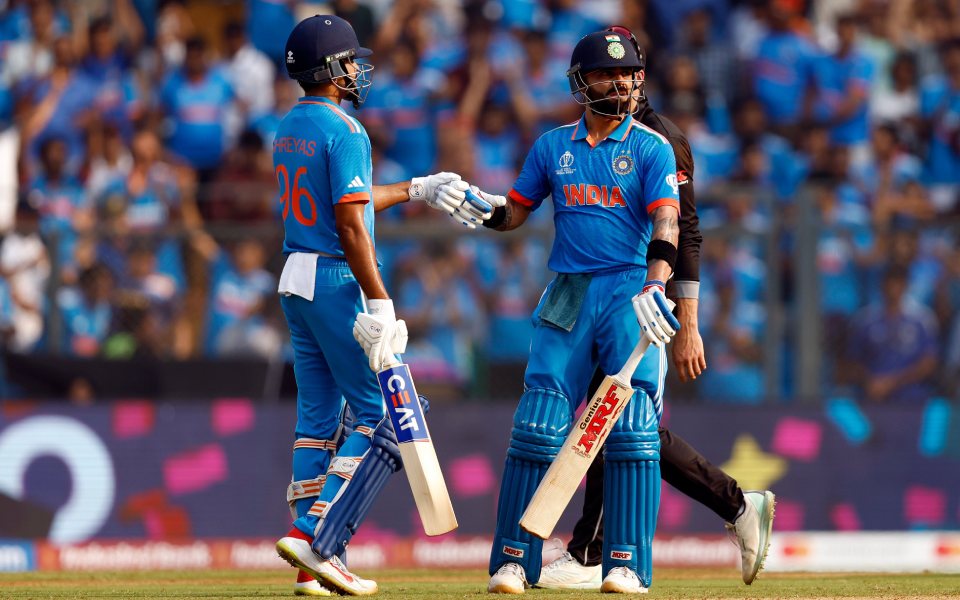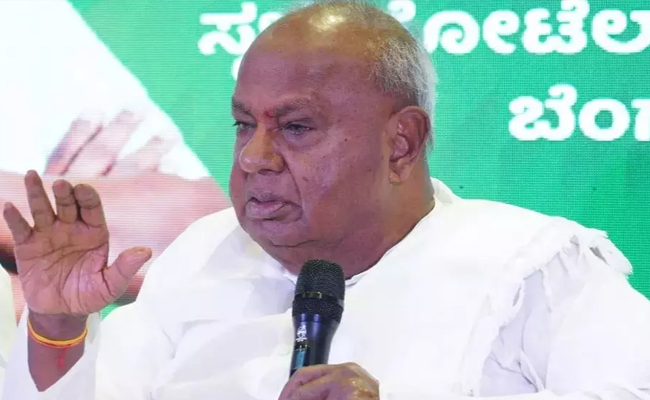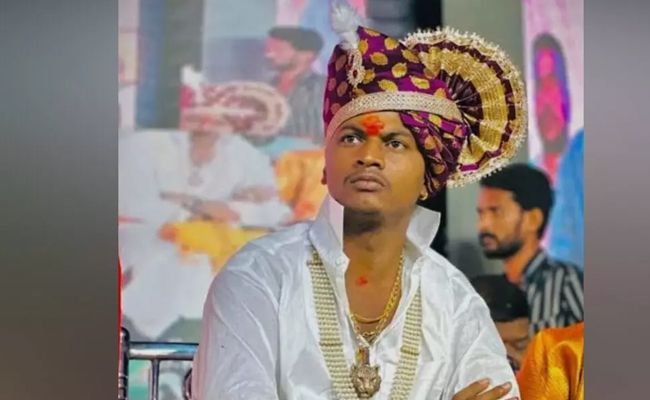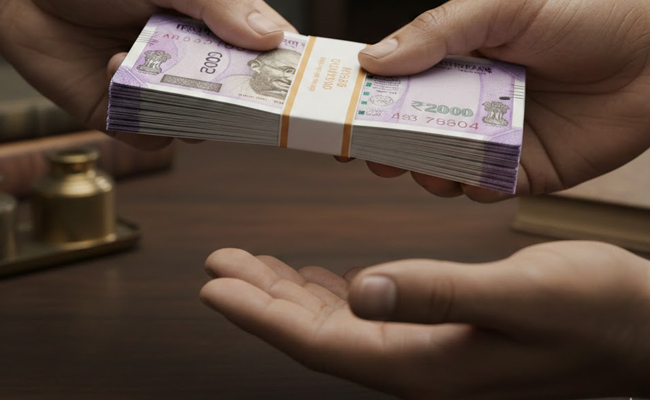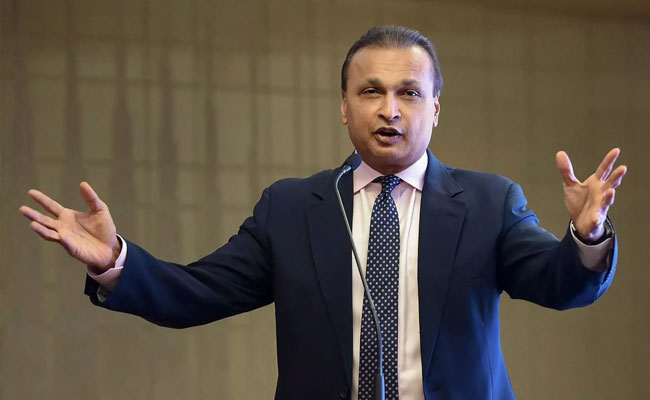Mumbai, Nov 15: Virat Kohli's world record 50th ODI hundred and a scintillating century by Shreyas Iyer propelled India to an imposing 397 for four against New Zealand in the first semifinal of the World Cup here on Wednesday.
Rohit Sharma's (47 off 29 balls) pyrotechnics, tons by Kohli (117 off 113) and Iyer (105 off 70), and a fluent 65-ball 79 by Shubman Gill, who retired hurt due to cramps, powered India after the skipper won a good toss.
Rohit, as is his wont, went after the bowling straightaway, and almost killed the contest in the first hour of play at the Wankhede Stadium, his dazzling array of stokes leaving the Kiwis bruised and battered.
Going for one too many, Rohit fell for a 29-ball 47 but Gill took over from there and continued to torment the Kiwis with his repertoire of strokes.
After Gill was forced to go back, Kohli and Iyer carried on the good work to set New Zealand an improbable target. Gill, though, came back and remained not out on 80 off 66 balls.
During the course of his innings, Kohli also became the first batter in the history of the game to score 50 ODI centuries, going past his idol Sachin Tendulkar.
Brief Scores:
India: 397/4 in 50 overs (Virat Kohli 117, Shreyas Iyer 105, 80 not out).
Let the Truth be known. If you read VB and like VB, please be a VB Supporter and Help us deliver the Truth to one and all.
Bengaluru: JD(S) supremo and former Prime Minister H.D. Deve Gowda has indicated that the party is open to an understanding with the NDA in the upcoming local body, taluk and zilla panchayat elections.
Speaking to reporters at J.P. Bhavan on Wednesday, he said the JD(S) is a regional party, while the BJP is a national party. “We have to wait and see what decision they take regarding a pre-poll alliance. As far as local body elections are concerned, we will discuss the matter together before taking a decision,” he said.
Responding to Chief Minister Siddaramaiah’s allegation that the JD(S) does not give positions to anyone outside the family, Deve Gowda said the charge has no substance. “My memory is still strong. I will respond to everything at the appropriate time,” he remarked.
He also said that a JD(S) convention will be held in Vijayapura on February 27 and that he has been invited to participate in the event.

